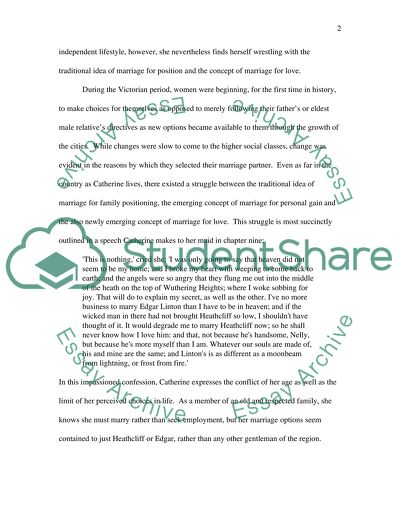Cite this document
(“Wuthering Heights Essay Example | Topics and Well Written Essays - 1500 words”, n.d.)
Wuthering Heights Essay Example | Topics and Well Written Essays - 1500 words. Retrieved from https://studentshare.org/miscellaneous/1538179-wuthering-heights
Wuthering Heights Essay Example | Topics and Well Written Essays - 1500 words. Retrieved from https://studentshare.org/miscellaneous/1538179-wuthering-heights
(Wuthering Heights Essay Example | Topics and Well Written Essays - 1500 Words)
Wuthering Heights Essay Example | Topics and Well Written Essays - 1500 Words. https://studentshare.org/miscellaneous/1538179-wuthering-heights.
Wuthering Heights Essay Example | Topics and Well Written Essays - 1500 Words. https://studentshare.org/miscellaneous/1538179-wuthering-heights.
“Wuthering Heights Essay Example | Topics and Well Written Essays - 1500 Words”, n.d. https://studentshare.org/miscellaneous/1538179-wuthering-heights.


